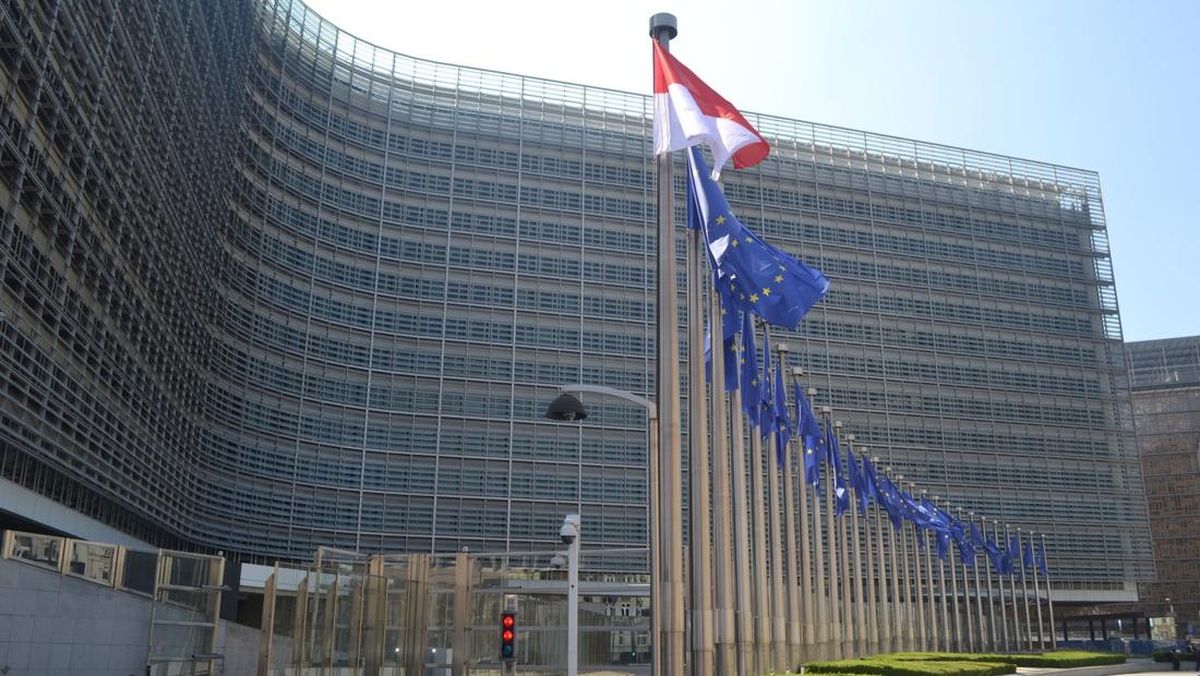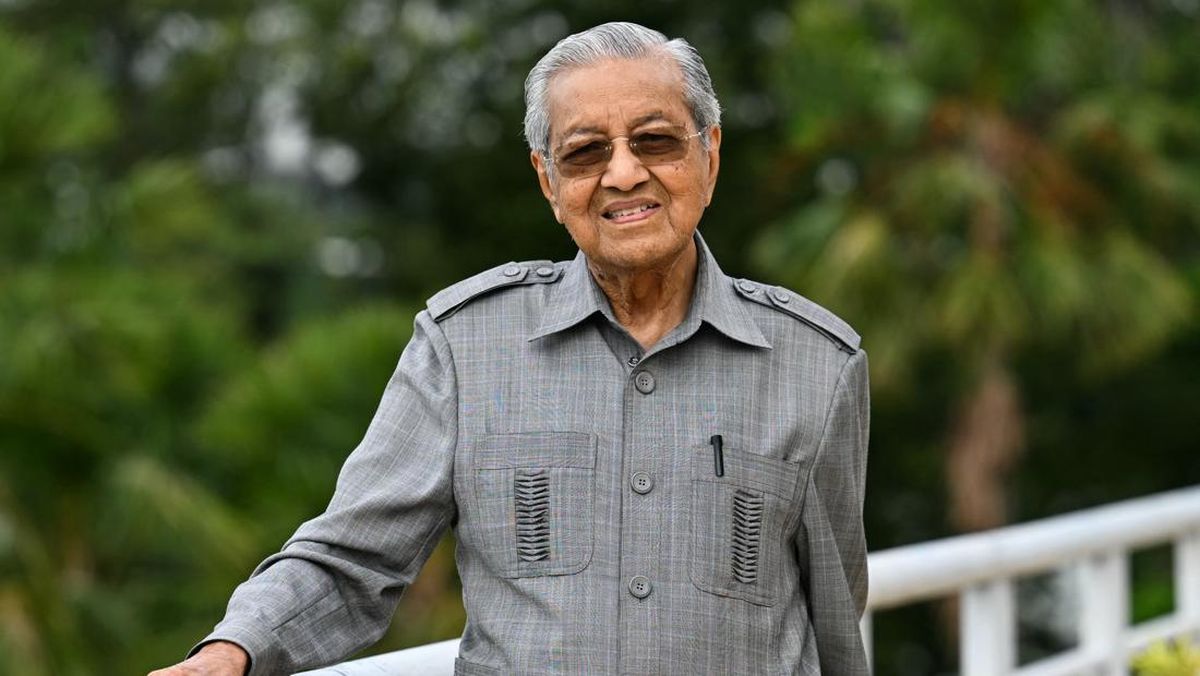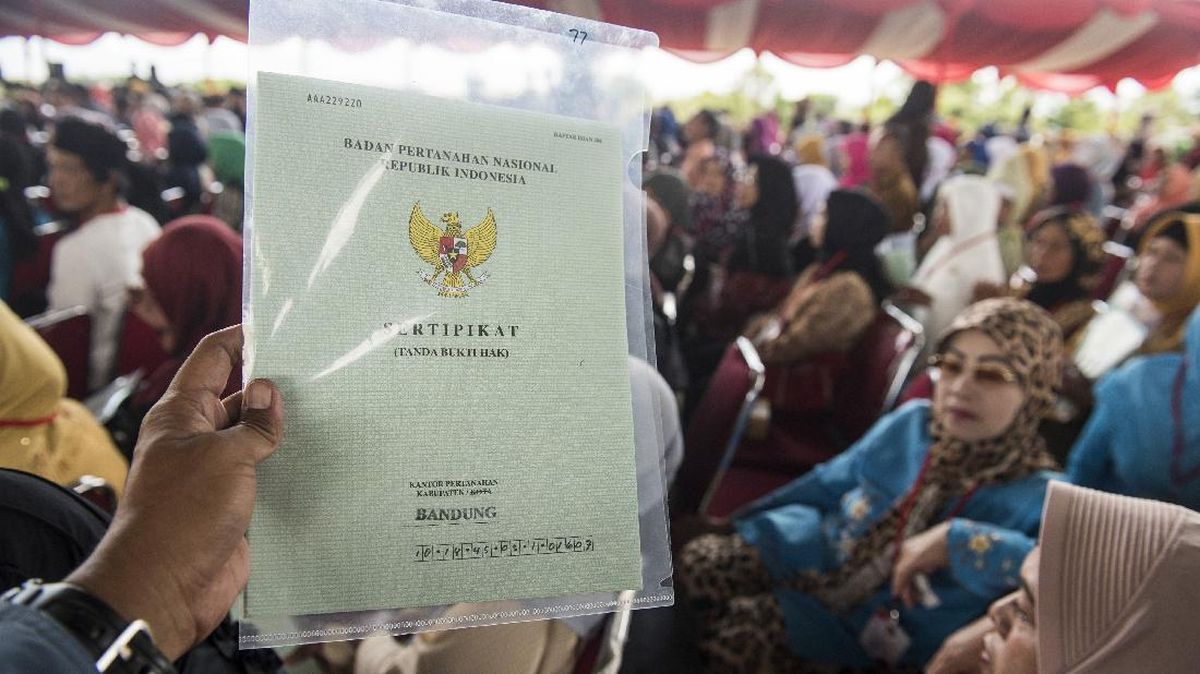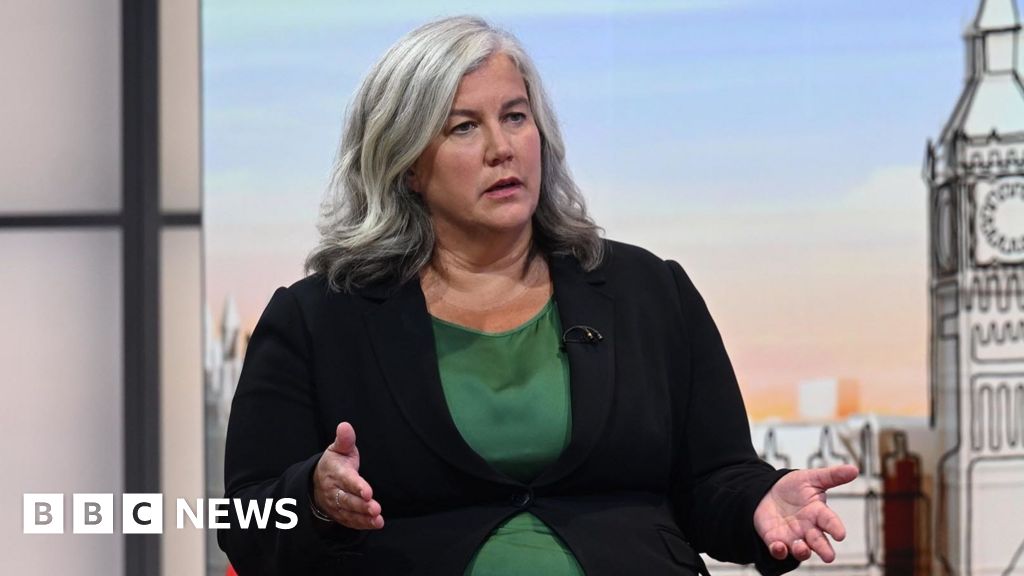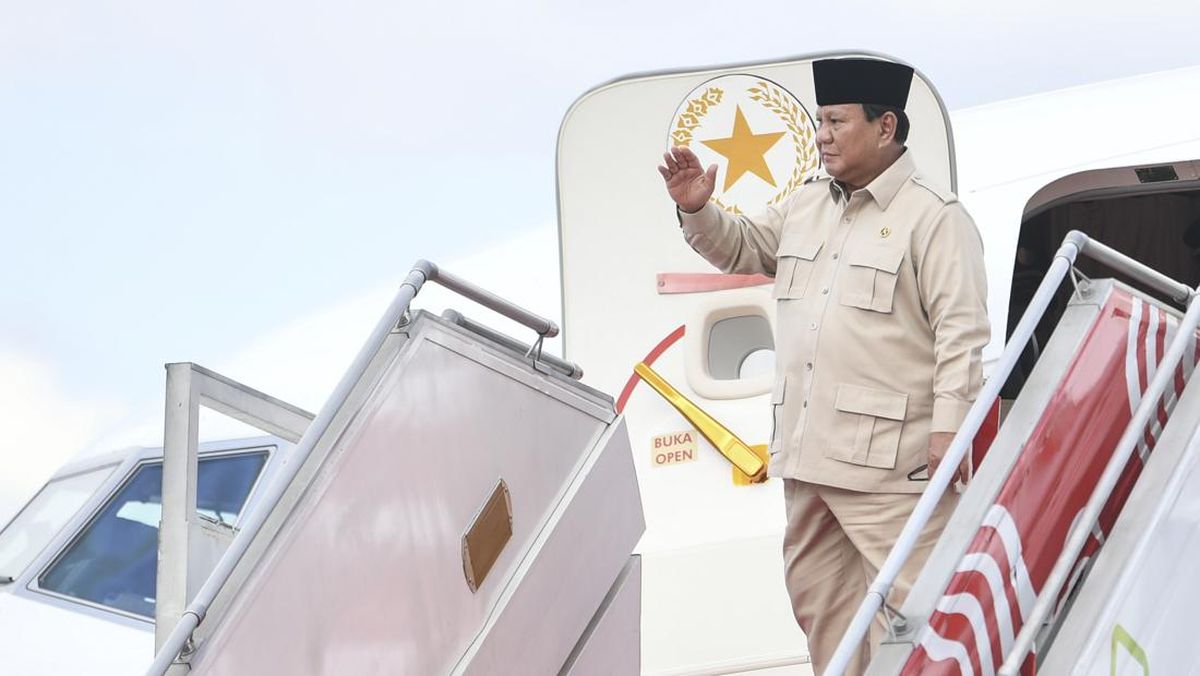Washington: The Pentagon has confirmed it is asking Australia for undertakings on how its AUKUS submarines would be used in the event of US military conflicts and for “substantial increases” in defence spending as part of its review of the $368 billion agreement.
A senior US defence official, who requested anonymity to speak freely, said the Trump administration wanted a clear idea of how Australia would deploy the nuclear-powered boats in the event of a contingency, though this was much broader than conflict with China over Taiwan.
“There’s a conversation about command structure, about alignment of assets. We would want, in any scenario, a clear sense of what we can expect from Australia,” he told this masthead in an interview.

Prime Minister Anthony Albanese has said US President Donald Trump hasn’t said anything negative about AUKUS to date.Credit: Aresna Villanueva
“There seems to be a hyper-emphasis on Taiwan in public reporting. But this is broader than any one particular contingency. It is about how we can reasonably expect these kinds of critical assets to be allocated across different scenarios.”
This masthead can also reveal that the Pentagon’s AUKUS review focuses on four areas: command structure, the US’s capacity to produce the boats, posture (positioning) of the assets and Australian defence spending.
Meanwhile, US Undersecretary of Defence Elbridge Colby, who is heading the review, publicly confirmed reports that the US wanted its allies such as Australia and Japan to “step up” and make commitments about how they would act in the event of a conflict.
Loading
Colby said the Pentagon was implementing US President Donald Trump’s commonsense agenda of restoring deterrence and achieving peace through strength.
“That includes by urging allies to step up their defence spending and other efforts related to our collective defence,” he said, noting it applied in both Europe and Asia.
“Of course, some among our allies might not welcome frank conversations. But many, now led by NATO after the historic Hague summit, are seeing the urgent need to step up and are doing so. President Trump has shown the approach and the formula – and we will not be deterred from advancing his agenda.”
Colby was responding to a report in the Financial Times, published on Saturday, US time, that said he had been pressing the issue in meetings with Australia and Japan, citing five sources familiar with the discussions.
This masthead revealed on Thursday that Colby believed Australia should give a public declaration or private guarantee that the US-made nuclear-powered submarines would be used in a possible conflict with China.
Under the AUKUS agreement, Australia would buy several Virginia-class nuclear submarines from the US and then develop its own fleet with the United Kingdom. The Trump administration is reviewing the deal, brokered by former leaders Joe Biden, Scott Morrison and Boris Johnson, to determine whether it puts “America First”.
The senior US defence official said the review was being done “in good faith” and the Pentagon “would like to make this thing work as best we can, consistent with President Trump’s agenda”.
He pushed back against the characterisation of Colby, in both Australia and the US, as an AUKUS sceptic. Colby was “in many ways a moderate on AUKUS” who was “trying to do this thing in a prudential manner”.
Loading
And he warned: “There are folks that are very powerful and very important stakeholders who have very serious concerns privately [about AUKUS].”
The official also confirmed the question of Australian defence spending was tied up in the AUKUS discussions, though he declined to say if the Pentagon sought a further injection of money into the US submarine industrial base. Australia is already contributing $4.7 billion.
“Substantial increases in Australian defence spending, I think, are quite warranted,” the official said. US Defence Secretary Pete Hegseth has already told Australian Defence Minister Richard Marles the US wants Australia to increase its defence spending to 3.5 per cent of GDP, from a little over 2 per cent.
The Pentagon’s chief spokesman, Sean Parnell, also weighed into the debate with remarks on social media platform X. Crucially, he cited comments by US radio talk show host and former Reagan administration official Hugh Hewitt, who said that Colby’s “attempt to achieve clarity about commitments in the event of a variety of contingencies is not only reasonable, it’s essential”.

Elbridge Colby said the Pentagon was implementing US President Donald Trump’s commonsense agenda of restoring deterrence and achieving peace through strength.
“Why, for example, would we help country A arm itself if country A would not render assistance in a fight?” Hewitt wrote on X. “If we don’t know what our closest allies are genuinely committed to do in the event of a crisis of the first magnitude, can we call them ‘close allies?’”
Parnell quoted that post and said Hewitt’s analysis was “100 per cent right”. He added: “The Department of Defence is focused on preventing war, with a strong shield of deterrence.
“That requires strength, but it is a simple fact that our allies must also do their part. We do not seek war. What we are doing is ensuring the United States and its allies have the military strength to underwrite diplomacy and guarantee peace.”
Loading
Prime Minister Anthony Albanese has said AUKUS is a good deal for Australia and the US, and noted Australia was already contributing to American submarine-building capacity. He also said Trump had not said anything negative about AUKUS to date.
Other Trump-aligned political figures also backed Colby’s position on the weekend. Republican senator from Missouri Eric Schmidt said the bigger story was “why the hell” Washington’s foreign policy establishment had not asked these questions of US allies already.
Justin Logan, the director of defence and foreign policy studies at the libertarian Cato Institute, said: “Foreign policy elites in US allies have done a better job convincing US elites they will bandwagon with China than US foreign policy elites have done in convincing them [that] if they don’t do more, the US won’t do it for them.”
Most Viewed in World
Loading



